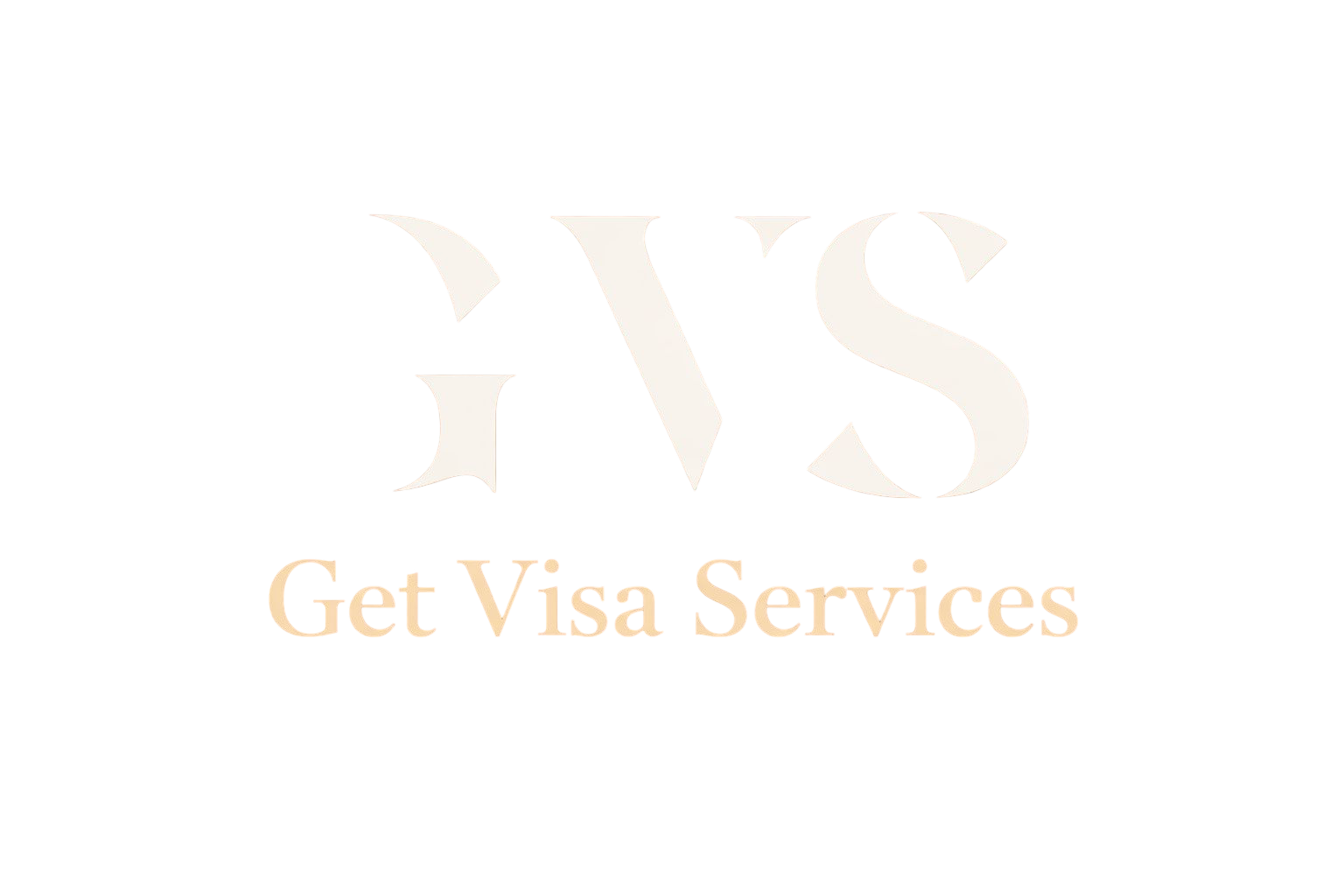
19 Dec Health First, Visa Next: The Role of Medical Insurance in Your Schengen Journey
When you think of applying for a Schengen Visa, your focus might be on documents like your passport, tickets, or hotel bookings. But one essential element often overlooked is medical insurance. Without it, your application can be rejected — and even worse, your trip may become financially risky if an emergency arises abroad.
This article explains why medical insurance is a cornerstone of the Schengen visa process, what rules you must follow, and how to choose the right policy for your journey.
Why Schengen Countries Make Medical Insurance Mandatory
The Schengen area includes 29 European nations where travellers can move freely with a single visa. To protect both visitors and host countries, embassies require medical insurance for every applicant. The goal is simple: ensure that travellers won’t face financial trouble in case of sudden illness, accidents, or hospitalisation.
In short, medical insurance is not just paperwork — it’s your safety net while exploring Europe.
Schengen Visa Medical Insurance: The Minimum Standards
When buying travel medical insurance for your Schengen visa, your policy must include:
- Coverage of at least €30,000 for medical treatment and emergencies.
- Valid in all Schengen states, not just the country of entry.
- Effective for the entire duration of your stay.
- Repatriation coverage, including medical evacuation and return of remains.
If your insurance misses any of these points, the embassy may reject your visa application.
Choosing the Right Insurance: Smart Traveler’s Tips
- Check embassy-approved providers – Some insurers are well recognized by Schengen consulates, making the approval smoother.
- Read the fine print – Confirm inclusions like hospitalisation, urgent care, and repatriation.
- Match your travel dates – The insurance should start from the day you enter and end on the day you leave.
- Consider add-ons – Coverage for COVID-19, trip cancellation, or lost baggage can provide
extra peace of mind.
Mistakes You Should Avoid
- Buying low-cost policies that don’t meet the €30,000 minimum.
- Forgetting to cover all Schengen countries if you’re visiting multiple destinations.
- Submitting certificates with errors (wrong dates, mismatched names, or unclear coverage).
Even small mistakes can delay your visa approval.
How Get Visa Services Helps
At Get Visa Services, we guide travellers step by step:
- Helping you select Schengen-compliant insurance plans.
- Checking your documents before submission to avoid rejection.
- Providing quick support for both single and multiple-entry Schengen visas.
With expert guidance, you don’t have to stress over confusing insurance policies or embassy rules.
Conclusion
When planning your Europe trip, remember: health first, visa next. Medical insurance isn’t just a box to tick for your Schengen visa application — it’s the assurance that your journey will be safe and stress-free.



No Comments